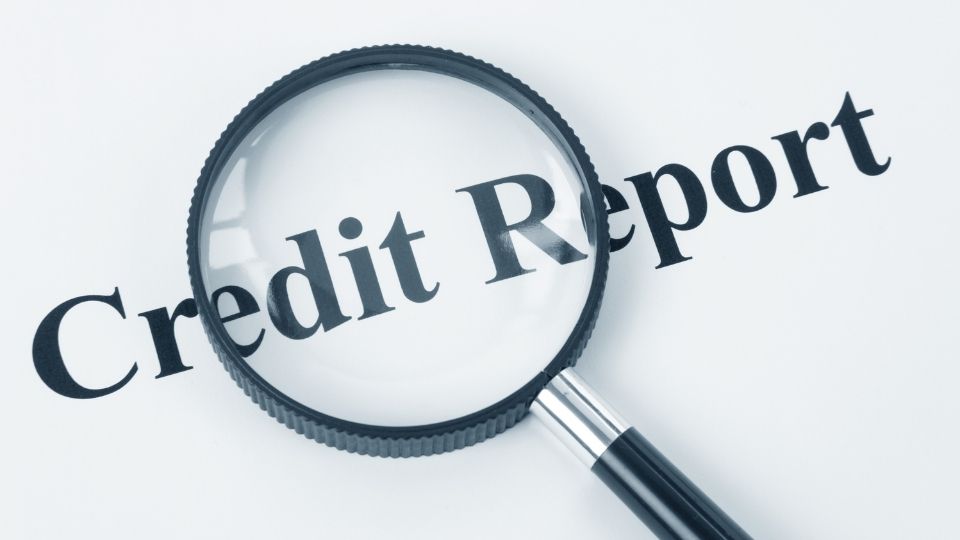The Anatomy of a Credit Report

What is a Credit Report?
A credit report is similar to a report card--it shows your past credit performance so that lenders/companies can predict how well your behavior will be in the future. It is not the same as a credit score, which is comparable to a grade point average (GPA). The information reported on your credit report is used to calculate your credit score. The higher your score, the lower your interest rate may be for a loan or credit card. Equifax, TransUnion and Experian are the three major credit reporting agencies that collect and report personal credit histories and debt repayment practices.
What does a Credit Report Contain?
The typical credit report contains the following information:
| Personal Information | Types of Credit Accounts | Status of Credit Accounts | Public Record Information | Inquiries |
|---|---|---|---|---|
| Can include name(s), year of birth, phone number(s), current and previous addresses, last 4 digits of SSN (Social Security Number), current and previous employers, marital status, spouses name, etc |
|
Bill payment history: open - never late, date of first delinquency, how many days/times late (if applicable), collection or repossession, etc. | Bankruptcies, foreclosures, court-ordered child support or alimony, tax liens. |
|
Who are the 3 Major Credit Reporting Agencies?
The three major credit reporting agencies are: Equifax, Transunion, and Experian. Credit reporting agencies do not make the decision to grant credit, only a lender can do that. Different lenders may make different decisions based on the same information. Each agency gives different importance to specific factors such as how long you have lived at the same address, what you do for a living, how old you are, how much you earn, how much you owe, and how promptly you repay.
Keep in mind, these companies gather together information related to your past credit history from a variety of sources. There are hundreds (or more) of potential consumer reporting companies and other organizations who can offer information to the 3 major credit agencies.
Equifax
Phone: 800-685-1111
9am-5pm. (ET) M-F
https://www.equifax.com/personal/
Experian
888-EXPERIAN (888-397-3742)
https://www.experian.com/
TransUnion
888-909-8872
https://www.transunion.com/
How do you Keep Your Credit Report in Top Shape?
Credit reports may affect your mortgage rates, credit card approvals, apartment requests, or even your job application so it’s important to keep it in top shape by:
- Making payments on time.
- Paying at least the minimum amount owed to each lender every month.
- Making sure your creditors know your new address if you move.
- Calling your creditors right away to set up a repayment schedule if for any reason you cannot pay your bills promptly.
- Rejecting credit card offers that you do not need or cannot afford to repay. If the total amount of credit available to you is high, you may be turned down for credit you really want, even if your balances are low. In the lender’s view the potential for “maxing out” your credit may be too great.
- Checking your credit report with each of the three major agencies at least once per year. Federal law allows you to have one free credit report from each of the three credit agencies every 12 months. Depending on your situation, it can be better to check all three reports at once i.e. before purchasing a car or a home, or spread them out over the year i.e. every four months. Checking your credit reports regularly also helps you to spot identity theft or fraud.
Pro Tip: During special circumstances (data breaches, natural disasters, pandemics, etc.), you may have more regular access to your credit report. Take advantage of these temporary adjustments to review your credit reports more frequently. Set a smart phone reminder, write on a sticky note or jot it down in your planner where you will easily see it regularly.
References
- Annualcreditreport.com (2020). Available at: https://www.annualcreditreport.com/index.action
- Consumerfinance.gov (2020). The Consumer Financial Protection Bureau. Consumer Tools: Credit reports and scores. Available at: https://www.consumerfinance.gov/consumer-tools/credit-reports-and-scores/
- Garman, E. Thomas, Forgue, Raymond E. Personal Finance, Boston, MA: Cengage, 2018.
Authors
Amanda Christensen, AFC, USU Extension Associate Professor; Orrin Hoskisson, Extension Intern
Adapted from original author Barbara R. Rowe, Ph.D., USU Professor and Family Resource Management Extension Specialist
Related Research









